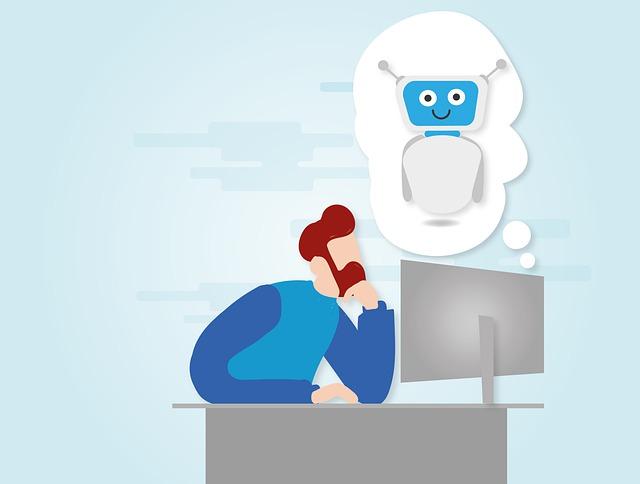The world of artificial intelligence (AI) is changing rapidly, with new advancements being made every day. AI is transforming the way we live, work, and interact with each other. It is estimated that the AI market will be worth over $100 billion by 2025. As AI continues to evolve, it is important to understand the implications of this technology and how to navigate the AI revolution.
What is AI?
AI is the ability of a computer program or a machine to think and learn. It is a form of artificial intelligence that enables machines to make decisions and take action without being explicitly programmed to do so. AI has the potential to revolutionize the way we work, interact with each other, and even live our lives.
AI can be used to automate tasks, such as facial recognition, natural language processing, and machine learning. It can also be used to create intelligent systems that can understand and respond to our needs. AI is being used in a variety of industries, from healthcare to transportation. AI is also being used to create autonomous vehicles, which are vehicles that can drive themselves without the need for a human driver.
The Benefits of AI
AI has the potential to revolutionize the way we live and work. AI can help us to automate mundane tasks, freeing up time for more creative and productive activities. AI can also help us to make better decisions by providing us with more accurate and timely information. AI can also help us to better understand and interact with our environment, allowing us to make more informed decisions.
AI can also help to reduce costs and increase efficiency. AI can be used to automate processes, reducing the need for manual labor and increasing productivity. AI can also be used to improve customer service, providing customers with more personalized experiences.
The Challenges of AI
While AI has the potential to revolutionize the way we live and work, it also presents some challenges. AI requires large amounts of data to be effective, and this data must be collected and stored securely. AI also requires complex algorithms to be developed, which can be difficult and expensive.
AI also raises ethical and legal concerns. AI systems can make decisions that have far-reaching implications, and it is important to ensure that these decisions are fair and ethical. AI also raises privacy concerns, as AI systems can collect and store large amounts of personal data.
Navigating the AI Revolution
As AI continues to evolve, it is important to understand the implications of this technology and how to navigate the AI revolution. It is important to understand the benefits and challenges of AI, and to ensure that the data being collected and stored is secure. It is also important to develop ethical and legal frameworks to ensure that AI decisions are fair and ethical.
It is also important to invest in AI research and development. Investing in AI research and development can help to ensure that AI is used responsibly and ethically. Investing in AI can also help to ensure that AI is used to its full potential, allowing us to reap the full benefits of this technology.
Conclusion
AI is transforming the way we live, work, and interact with each other. As AI continues to evolve, it is important to understand the implications of this technology and how to navigate the AI revolution. It is important to understand the benefits and challenges of AI, and to ensure that the data being collected and stored is secure. It is also important to invest in AI research and development, to ensure that AI is used responsibly and ethically. By understanding the implications of AI and investing in AI research and development, we can ensure that AI is used to its full potential, allowing us to reap the full benefits of this technology.

